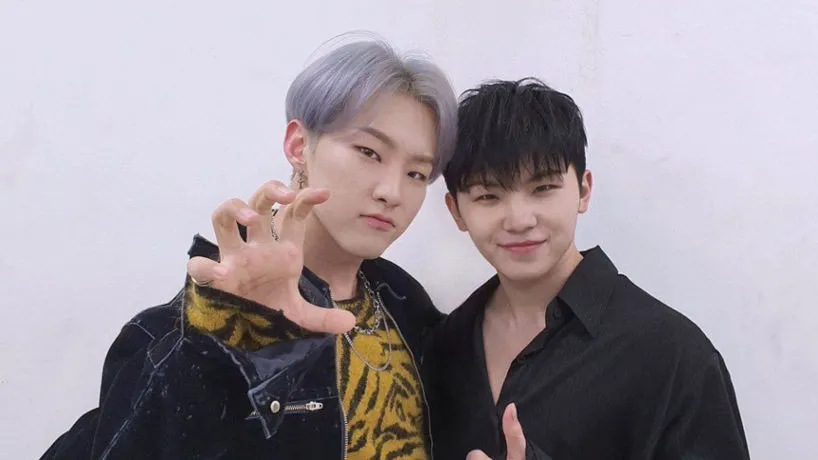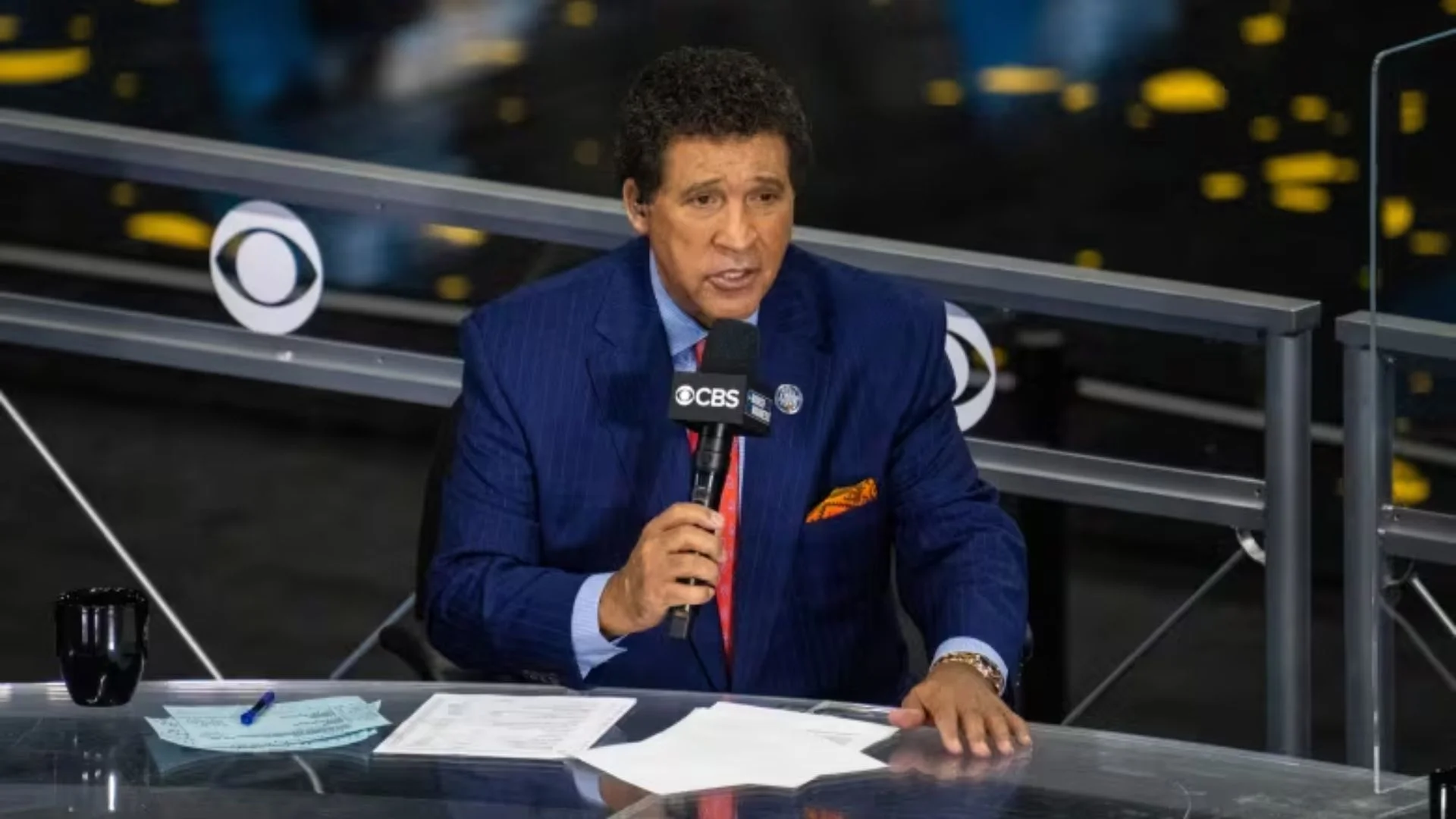It appears the much-awaited second season of Netflix’s global phenomenon, Squid Game, has proven to be a slow start which, in turn, has led to sharp losses of shares of related South Korean firms on December 27.
The shares of Artist United, a movie distributor and marketing firm that is partially owned by Lee Jung-Jae, the main character in Squid Game, fell 30% on a daily basis. Wysiwyg Studios, an investor in Artist United, fell by as much as 25%, while Dexter Studios, a Netflix partner in South Korea, declined by 24%.
The dystopian survival thriller was a global phenomenon since its release in 2021, causing heavy rallies in local entertainment stocks as investors were expecting that Netflix would capitalize on its success with more blockbuster hits. Season one topped the viewing charts all over the world and brought historic recognition, as it is the first foreign-language show to be nominated for Best Drama at the Emmy Awards.
Expectations were high with the new season, which premiered on December 26. There has been a mixed response thus far. So far, it has been mixed. Rotten Tomatoes now has it with an audience score of 65% and a reviewer approval rating of 85%, but there have not been some great reviews either. The New York Times says the story is “stalling,” as it is true that season two barely manages to make vague references to even more ambitious goals.
The final chapter of Squid Game is scheduled for release in 2025, with fans and investors alike watching closely to see if the series can reclaim its ground-breaking momentum.





















